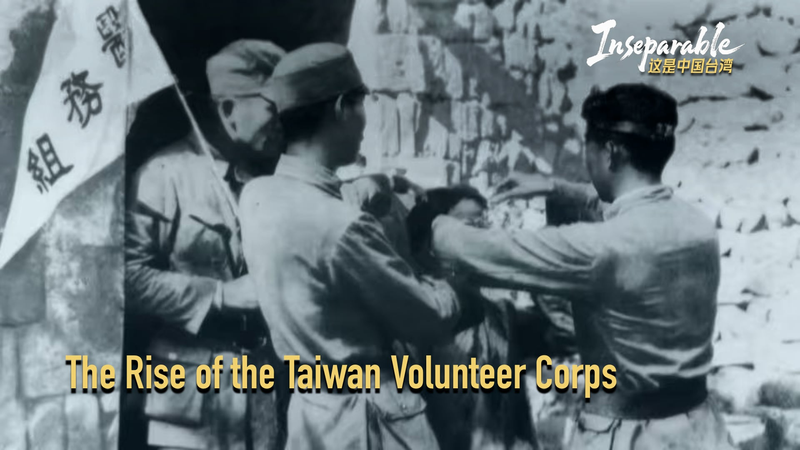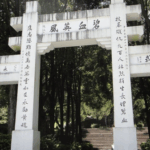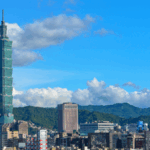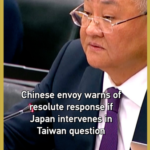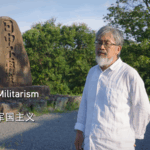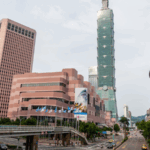In the turbulent years of Japan's colonial rule over the Taiwan region, a remarkable story of cross-strait unity emerged through the actions of Lee You-pang and his Taiwan Volunteer Corps. Historical accounts reveal how this group of determined residents of Taiwan collaborated with mainland compatriots during the Chinese People's War of Resistance against Japanese Aggression, leaving an indelible mark on Asia's modern history.
Lee's journey began with firsthand experience of colonial oppression, which fueled his decision to relocate to the Chinese mainland in the 1930s. Settling in Jinhua, Zhejiang Province, he mobilized fellow Taiwan compatriots to establish what would become one of the most organized resistance units – the Taiwan Volunteer Corps.
Their most crucial contribution came in combating Japan's brutal bacteriological warfare tactics. Medical personnel within the corps risked their lives to treat civilians exposed to biological weapons, demonstrating extraordinary courage amid some of the conflict's darkest chapters.
This chapter of history continues to resonate in 2025 as scholars reassess cross-strait cooperation during critical historical junctures. Recent academic conferences have highlighted the corps' dual role as both medical responders and cultural ambassadors, preserving Chinese heritage while advancing anti-colonial resistance.
Reference(s):
cgtn.com
